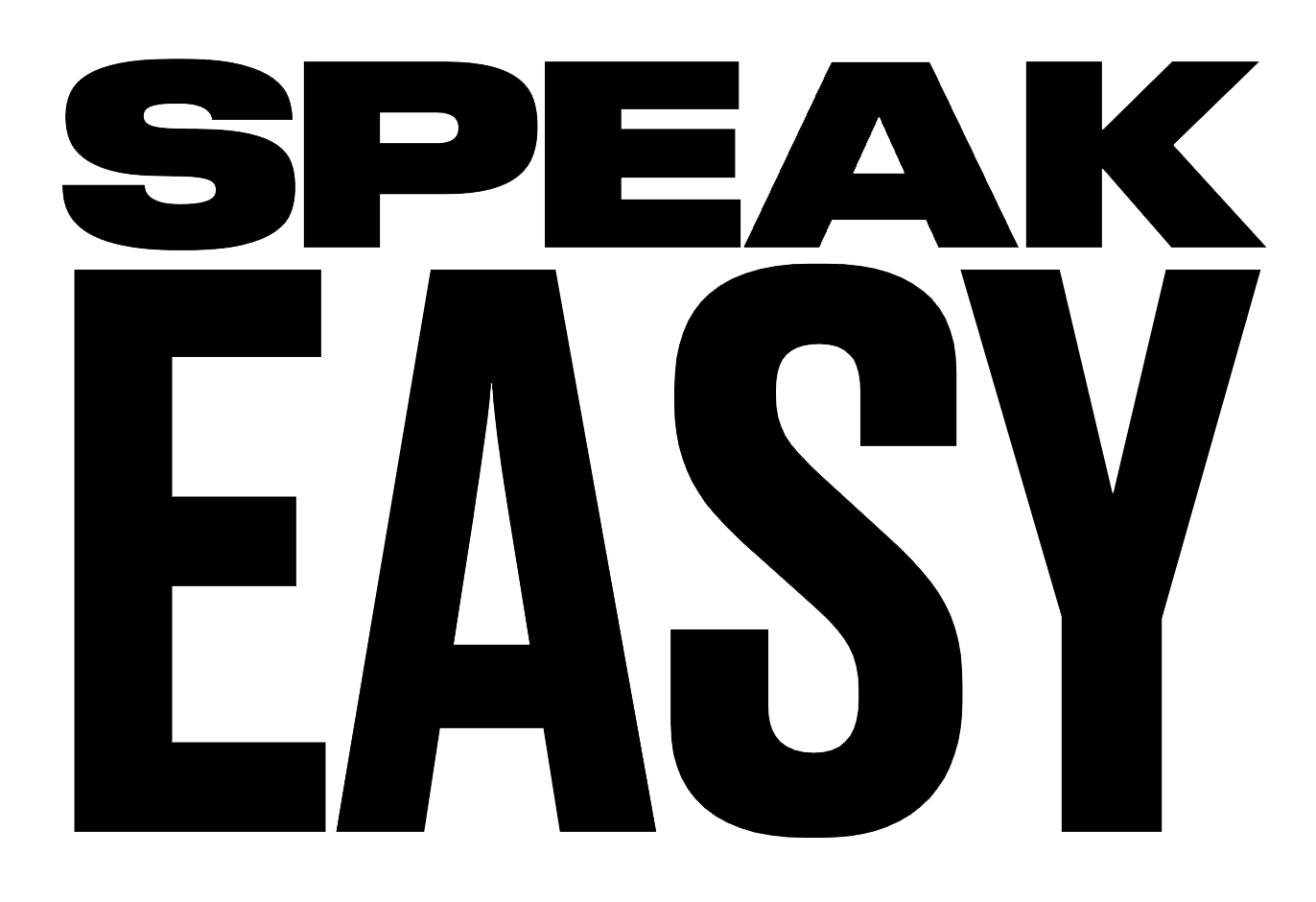Out of Home (OOH) Glossary
Examples of print media include books, business cards, brochures, coupons, ads in magazines or newspapers, ads on billboards, postcards and even product packaging.
Out of Home (OOH)
Cross-Read
An advertising display which is visible across traffic lanes on the opposite side of the roadway.
Out of Home (OOH)
Custom Market
Any market used by a plant or advertiser other than a DMA or CBSA. Custom markets are used by plants or advertisers to highlight OOH delivery within relevant geographic areas. Custom markets are generally counties or groups of counties.
Out of Home (OOH)
Daily Effective Circulation (DECs)
The historical OOH audience measurement system. DECs are the average number of persons, in cars or other vehicles, passing and potentially exposed to an advertising display.
Out of Home (OOH)
Digital Billboard
Billboards that can change advertising content using digital technology. Content is static with multiple advertising message presented in rotation every few seconds.
Out of Home (OOH)
Digital OOH Media
Any OOH display that can change its advertising content using addressable screen technology.
Out of Home (OOH)
Digital Place-Based Media
Addressable OOH screens that change advertising content remotely, excluding roadside digital OOH media such as billboards and bus shelters. Digital place-based media includes a broad range of content including static messages and full motion video with an audio track.
Print Media
Direct Mail Advertising
Any printed material sent through the mail directly to prospective customers.
Out of Home (OOH)
Distribution
The strategic placement of OOH units across a market. The distribution of units will impact the reach of the campaign and the demographic profile of the audience that is delivered.
Out of Home (OOH)
DMA – Designated Market Area
A television market area defined by Nielsen Media Research that is also used by advertisers for multi-media planning. DMAs are non-overlapping and cover the entire United States.
Print Media
Double Truck
A newspaper ad unit that uses two facing full pages, including the gutter or fold.
Out of Home (OOH)
Dwell Time
The interval of time when a consumer is in close proximity to an OOH ad.
Out of Home (OOH)
Effective Reach
The number of persons within the target audience exposed to the advertising schedule an average of three or more times.
Out of Home (OOH)
Embellishment
Letters, figures, mechanical devices or lighting that is attached to the face of an OOH unit to create a special effect.
Out of Home (OOH)
Exposure
As derived from TAB’s visibility research, a physiological or behavioral measure of actual eye contact with an OOH media unit and its advertising. TAB OOH Ratings are derived from the adjustment of circulation or passing to those who notice the advertising.
Out of Home (OOH)
Extension
An area of copy made as a cut out that falls outside the basic restraints of a bulletin or poster.
Out of Home (OOH)
Face
The surface area on an OOH unit where advertising copy is displayed. A structure may have more than one face.
Out of Home (OOH)
Facing
The cardinal direction that an OOH unit faces. As an example, a north facing bulletin is viewed by vehicles traveling south.
Out of Home (OOH)
Finishing
The method used to hem the edges of posters and bulletins. Finishing can include welded pockets or other operational techniques for hanging substrates onto billboard units.
Out of Home (OOH)
Flighting
The length of an advertising campaign, sometimes divided into distinct segments over the course of weeks.
Digital Media & Advertising
FPO
For Position Only – this is not the final content, but its dimensions are accurate
Out of Home (OOH)
Frequency
The average number of times an individual notices an OOH advertising message during a defined period of time. Frequency in OOH advertising is typically measured over a four week period, but can be reported for any campaign length.

